Ferma’s vice-president on the top three risks to hit France and how a European risk management certificate could transform the profession
Q. What are the top three risks facing the French market?
A. Firstly, the economical situation in France and Europe is really shaping businesses in France so the economy is clearly an issue.
The second issue for me is related to human resources and the adaptation of competencies forecasting the need for new business in the future.
Thirdly, a risk I refer to as ‘digital risks’. I’m not calling these types of threats cyber risks anymore because the issue is much larger than cyber risk.
Q. It’s interesting that you’ve identified human resources as a challenge for France – the World Economic Forum Global Risks 2014 report also highlighted a related risk in unemployment/underemployment. Could you elaborate on the challenges for human resources?
A. The key issue for human resource departments is to clearly define evolving job roles, taking into account new skills, new business expectations and best to deliver services and products to reach business expectations.
Q. You’ve been doing a lot of work to develop a certification programme for risk managers – why is a risk management certificate important and is this what the industry really needs?
A. Risk management is a relatively new job and is not yet very well recognised as a key function in or outside of Europe. We used to consider it ‘insurance management’, but we now accept that it is much bigger than that and actually insurance management is very different from risk management.
For risk management to be truly identified in different companies, frameworks must be well structured.
The Ferma certification project involves a two-tier system. The first level will be considered as ‘Ferma certification passport’ and the second level will be considered as a Ferma advanced certificate. It will cover ethics of risk managers, knowledge, experience, and continuous professional development.
Pre-existing diplomas and masters in certain fields of risk management will be recognised by the passport certificate. The advanced certificate would act as a way of recognising professional experience within risk management.
Q. Amrae’s annual conference kicks off next week. What are you looking forward to most?
A. I always enjoy the networking opportunities, which help risk managers gain another point of view. Companies are now considering that the economic crisis has lasted long enough that we can no longer refer to it as a ‘crisis’, but instead speak refer to it as the new economic environment.
Of course, the economic environment has changed since 2008 and we must deal with this current situation. This is I want to discuss with colleagues.





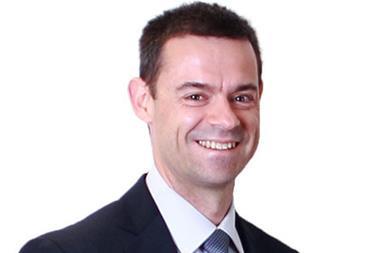
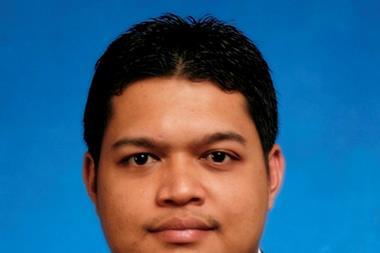
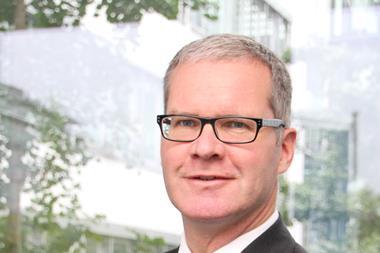

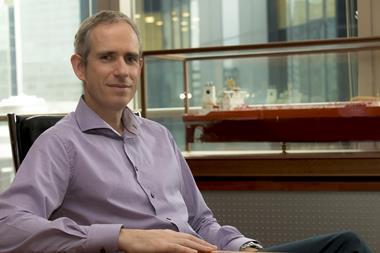
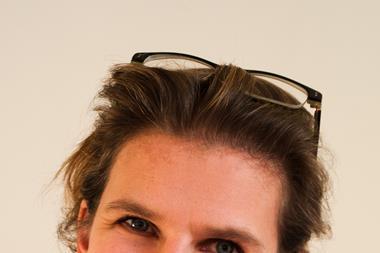
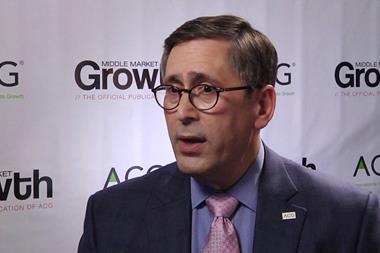
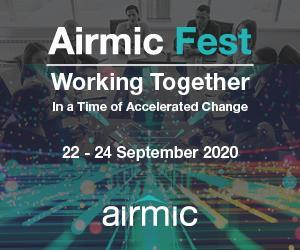







No comments yet